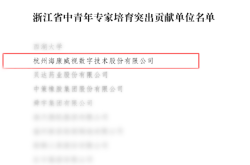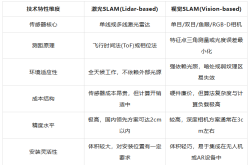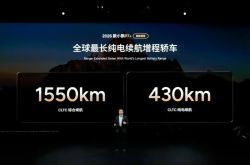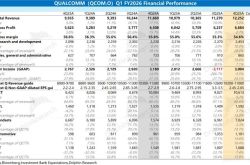2025 China Auto Market Forecast: High-Level Intelligent Driving Becomes Mainstream, Ushering in the First Year of L3 Autonomous Driving Mass Production
![]() 01/20 2025
01/20 2025
![]() 655
655
In 2025, intelligent driving—a sector deeply intertwined with AI—will embark on a new chapter.
Historically, intelligent driving may have been the domain of a select few pioneers within the automotive industry and tech enthusiasts. However, by 2025, high-level intelligent driving will rapidly gain traction among everyday consumers. Furthermore, L3 autonomous driving will enter mass production, making 2025 the inaugural year of intense competition in this segment.
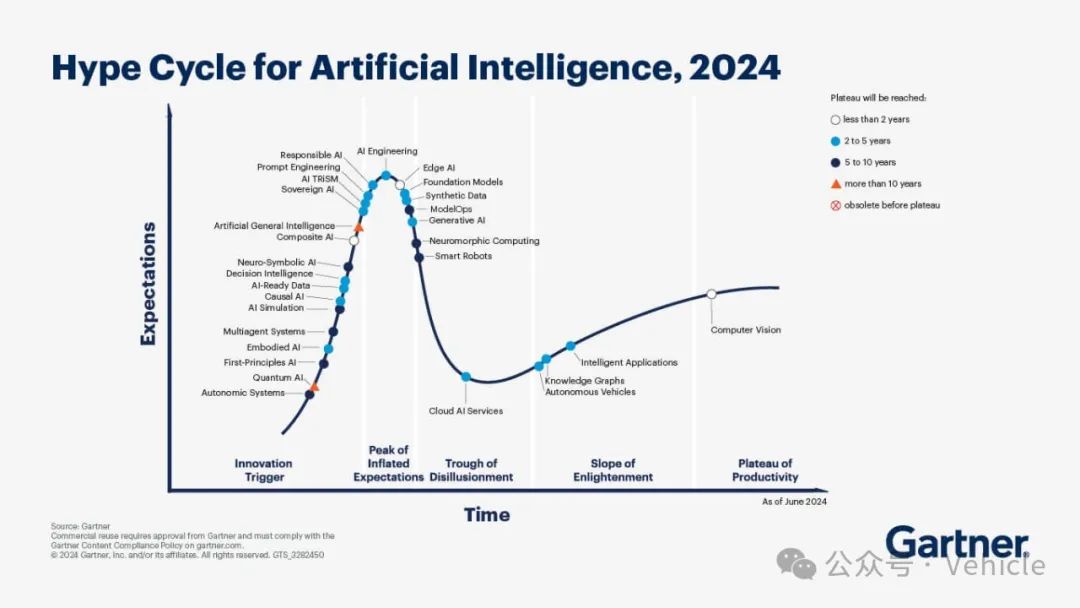
BYD's intelligent driving team is reportedly forgoing holidays this year to ensure the deployment of advanced L2++ intelligent driving systems in 60% of the company's new car sales in 2025. This aligns with the Pilot Assist technology discussed in our previous article, "An Introduction to High-Level Intelligent Driving - Pilot Assist Technology and Development." Additionally, Volkswagen, the leading foreign brand, has been promoting its J6 chip and accompanying Superdrive intelligent driving solution through its partnership with Horizon Robotics since the start of this year. It is anticipated that Volkswagen's Rush hour intelligent driving project will commence mass production this year, with promotional activities and announcements kicking off at the Shanghai Auto Show, leading to full-scale production.
BYD's best-selling models typically retail for over 100,000 yuan, while Volkswagen's ID series is priced between 100,000 and 200,000 yuan. Together, these two companies accounted for one-third of all car sales in China in 2024. As high-level intelligent driving gains popularity next year, it will become accessible to the masses.
Moreover, 2025 marks the implementation of L3 autonomous driving for personal passenger vehicles, signifying the dawn of a new era.
From a technical standpoint, autonomous driving pioneers such as Waymo, Tesla, XPeng, and Li Auto have implemented end-to-end autonomous driving algorithms in 2024, demonstrating their efficacy. Tesla, for instance, reports that its V13 end-to-end large model algorithm requires only one safety intervention for every 300 kilometers driven in urban environments.
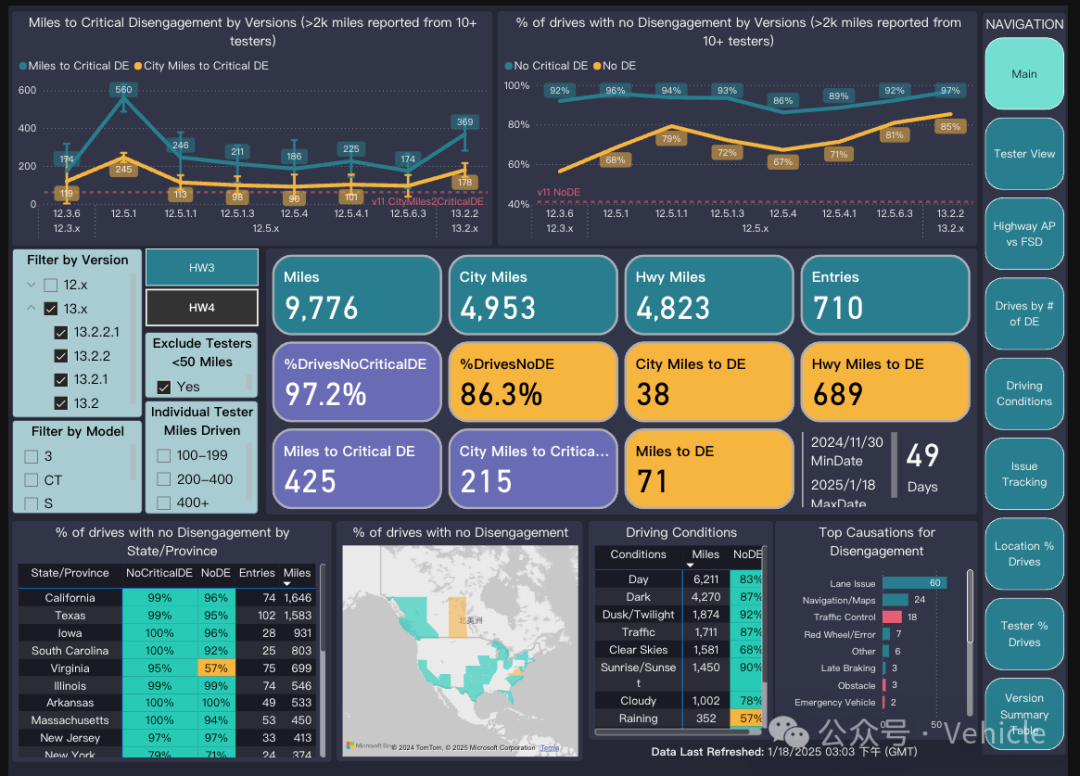
Domestically, XPeng, Li Auto, and Huawei have already achieved the urbanization of high-level intelligent driving, enabling "point-to-point" autonomous navigation from parking space to parking space. Given the competitive nature of the Chinese market, L3 autonomous driving will undoubtedly be the focal point in 2025.
On the policy and regulatory front, at the beginning of 2024, approximately nine domestic passenger vehicle manufacturers, including BMW, Mercedes-Benz, AITO, ARCFOX, GAC AION, IM Motors, and Thalys, obtained L3-level highway road test licenses and commenced testing in Beijing, Shanghai, Chongqing, and Shenzhen. A year has since passed.
By the end of 2024, Beijing and Wuhan had successively approved relevant laws and regulations for the management of personal autonomous vehicles, in accordance with the "Regulations on Autonomous Driving Vehicles in Beijing" and the "Regulations on the Promotion of the Development of Intelligent and Connected Vehicles in Wuhan." These regulations are set to come into effect around March 2025, laying the legal and regulatory groundwork for the implementation of personal autonomous vehicles. Additionally, there have been whispers and news about the implementation of L3 by companies such as Li Auto, Huawei, and XPeng. Geely Zeekr, SAIC IM Motors, and SAIC-GM have also expressed their intentions to strive for the implementation of L3 technology.
*Reproduction and excerpts are strictly prohibited without permission - Reference:



